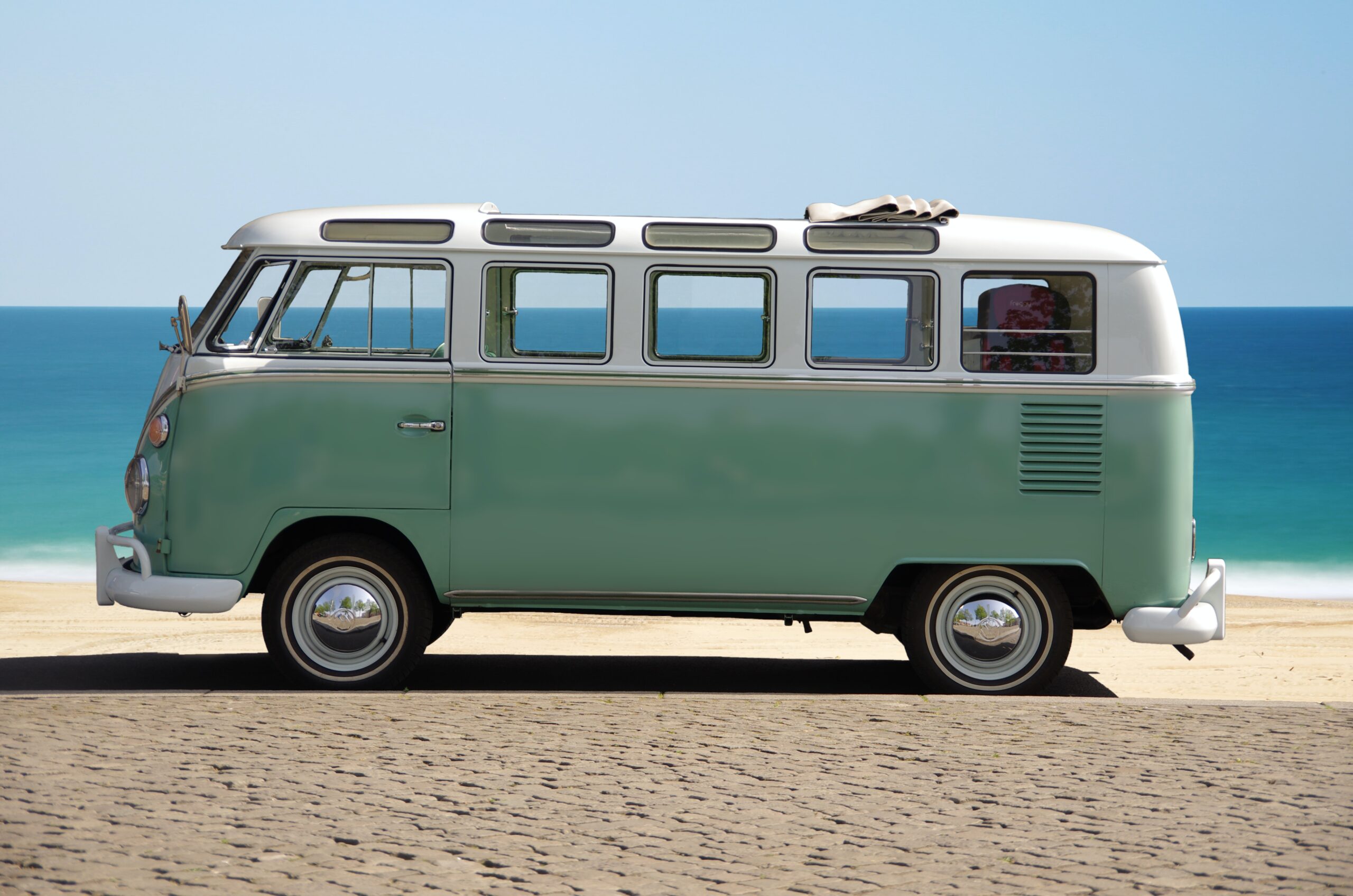The Versatility of Vans: A Vehicle for Every Need
Introduction to Vans
Vans have become an integral part of the transport landscape, offering unparalleled versatility for both personal and commercial use. A van is more than just a mode of transport; it is a symbol of practicality and adaptability. Whether it’s a family needing extra space for weekend adventures or a business requiring a reliable vehicle for logistics, the van has proven itself to be an invaluable asset to many.
What Defines a Van?
At its core, a van is a type of vehicle that is larger than a common car but smaller than a truck. Typically, it is characterized by a boxy shape, a spacious cargo area, and a cabin that can accommodate passengers or further storage. The hallmark of a van is its ability to transform according to the needs of its owner: seats can be removed to make more room for equipment, shelving units can be installed for organization, and additional features can be added to cater to specialized services such as refrigeration for perishable deliveries.
Types of Vans and Their Applications
One of the greatest advantages of owning a van is the sheer variety available, each designed to meet specific needs. For families, the minivan offers comfort, safety, and space. With its multiple seating configurations, entertainment systems, and advanced safety features, it is the ideal vehicle for family road trips or daily commutes.
On the commercial side, cargo vans are essential for businesses that need to transport goods. With their expansive storage areas and robust design, they are built to handle heavy loads and long distances. They are the workhorses of the service industry, helping electricians, plumbers, and other professionals carry their tools and parts to various job sites efficiently.
For passenger transport, there are passenger vans that can seat anywhere from seven to fifteen people, making them perfect for shuttle services or communal travel. Their comfortable seating and smooth ride quality ensure that all passengers arrive at their destination relaxed and satisfied.
Specialized Vans for Unique Needs
Beyond the standard uses, vans can be adapted to meet highly specialized demands. Conversion vans, for instance, are customized to serve as mobile offices or luxury transport with high-end interiors, electronics, and sometimes even bedding areas. Similarly, camper vans have become popular among travelers seeking the freedom to explore without the constraints of hotel bookings – these vans are equipped with beds, kitchenettes, and living spaces.
In the healthcare sector, vans play a crucial role as well. Ambulances are perhaps the most widely recognized medical vans, outfitted with lifesaving equipment and designed for rapid transport of patients. Other health services use vans as mobile clinics to reach remote or underserved populations, providing everything from dental care to vaccination services.
The Economic Impact of Vans
The van has a significant economic impact as it is essential for the smooth operation of many businesses. In the logistics and delivery sector, the rise of e-commerce has driven an increased demand for vans. They are the backbone of last-mile delivery – the final step in the delivery process where the package reaches the customer’s doorstep. This has led to more job opportunities and growth within the transportation industry.
Moreover, as an asset to entrepreneurs and small business owners, vans enable the provision of services to a wider customer base. For those in trades like carpentry, landscaping, or catering, a van is not just a vehicle but a mobile advertisement, showcasing their brand as they move from job to job.
Sustainability and the Future of Vans
In recent years, there has been a push for more environmentally friendly vehicles, and the van industry is no exception. Manufacturers are now producing electric vans, which offer a greener alternative to their diesel or petrol counterparts. These electric vans not only reduce emissions but also provide the benefits of lower running costs and tax incentives in some regions.
The future of vans also points towards smart technology integration. With advancements in autonomous driving, it’s not far-fetched to imagine a scenario where vans could be operating with minimal human input, making deliveries and providing services with increased efficiency and safety.
Conclusion: The Invaluable Role of Vans
The van is a testament to human ingenuity and our desire to create solutions that simplify life. From transporting families safely to supporting businesses, vans have become indispensable. As we move forward, the evolution of this versatile vehicle continues, promising even greater levels of efficiency, comfort, and environmental responsibility. Whether for personal use, business, specialized services, or economic impact, the van remains a symbol of our adaptive and innovative spirit, ready to meet the challenges and opportunities of tomorrow.


